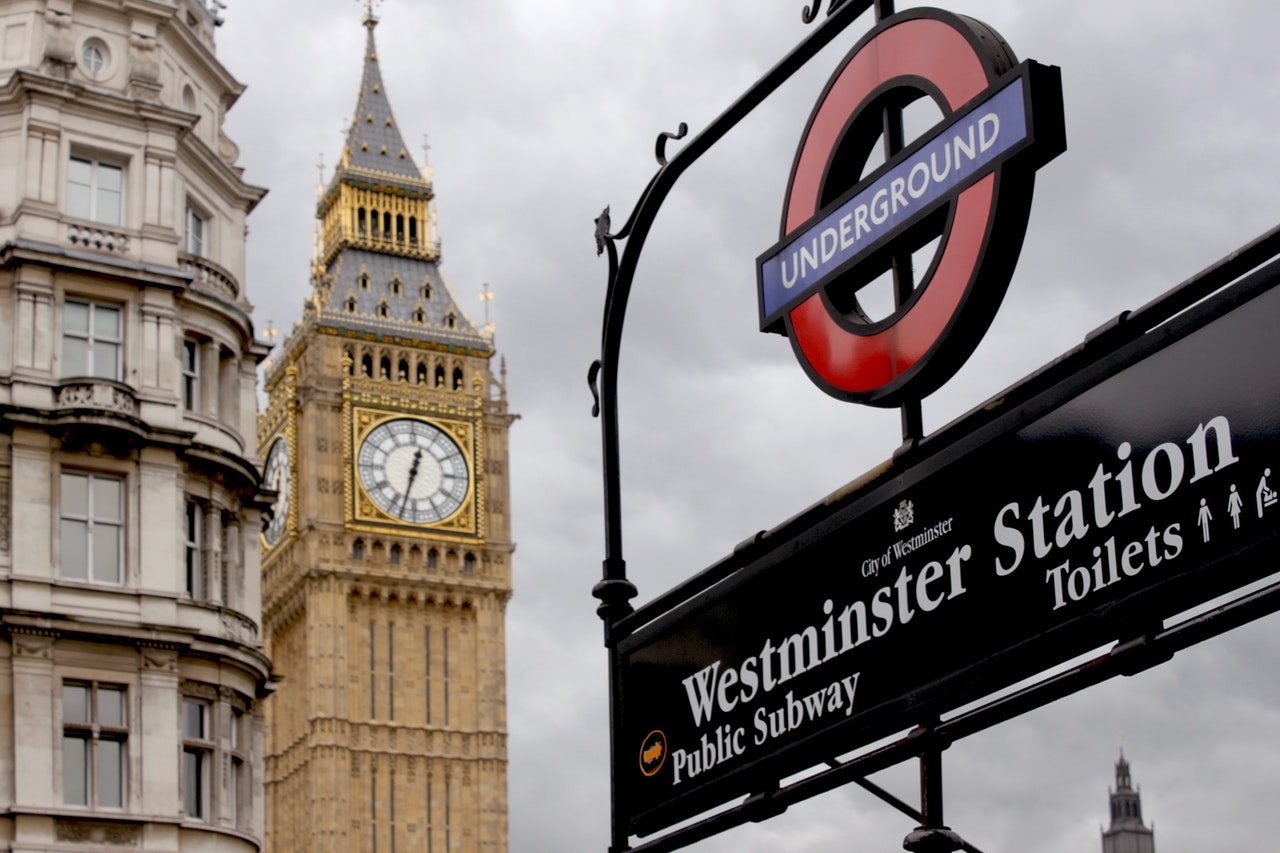

Samir Salya on why the Dubai property market has seen such a positive start to 2017
10 July 2017
Samir Salya looks at whether Dubai tenants are getting rent cuts
17 July 2017Samir Salya – how Brexit and the General Election are already affecting London’s real estate market


It’s fair to say that the London real estate market is remarkably resilient. And it’s had to be in recent months, as the twin shocks of the Brexit vote and now a surprise UK general election result could reasonably be expected to have hit industry confidence hard.
Standing firm
Political and economic uncertainty are never good for business, and the UK has experienced plenty of both in the last 12 months. However the continuing short supply of houses on the London market has also been the main driver behind a rapid rise in house prices over the last few years, and that differential between supply and demand is still very much an influence.
So how is the London property market looking now, a month or so on from the election and with Brexit negotiations now underway? Well, the data suggests that story of resilience in the face of political and economic uncertainty is continuing, with a few caveats.
Heading in the right direction
A recent report by Acadata and LSL Property Services shows that in London, the average price of a home went up by a tiny amount – just 0.1 per cent – in April to £615,838. In addition sales for the three months leading up to April were also down 29 per cent on the same period last year. However Rightmove reported that property prices bounced back in May, even with the uncertainty of a June election looming – with the average asking price in the city rose 2.1 per cent from April to £649,864,
“Time will tell how close these sellers get to their asking prices, but the uncertainty associated with an election has not deterred them from trying in increasing numbers and at an increased average price,” said Rightmove Director Miles Shipside.
Guarded optimism
The picture then is a mixed one – in a market where demand still outstrips supply, prices have risen only slowly, but equally investors don’t seem to have been put off too much by the political and economic uncertainty. And, say the experts, the imbalance between supply and demand could counteract any negative effects caused by changes in government since the election.
“While the London market may be more sensitive to a change in central government, for the short term, growth markets will remain robust and resilient, delivering capital growth for investors,” says Andy Foote, sales director at Seven Capital. “Despite the change in government, the imbalance of supply and demand in the UK property market still persists.”
The Brexit effect
And while markets abhor uncertainty, any negative effects of Brexit still appear to be limited.
“I do think we would like more clarity over the next 12 to 24 months,” says Martin Samworth from property consultant CBRE. “There is an optimism for London and the future but I think it would be nice if we could get the next rounds of negotiations underway and out of the way.”
Finally, a recent report from UBS strategist Caroline Simmons has suggested an interesting side effect of Brexit on the London real estate market, that may come about if there is a mass relocation of financial services staff from top firms in London. Any exodus of the 700,000 people who work in financial services in the capital could potentially release huge amounts of valuable properties in central London – and ultimately have a dampening effect on prices. Watch this space.
About Samir Salya
Samir Salya is the Chairman of Reign Holdings, and is involved in UK and UAE real estate and construction. Samir holds over 20 years’ experience in executive management, business expansion, performance improvement, sales and marketing.
Related posts

Copyrights © 2020 Reign Holdings. All Rights Reserved.


